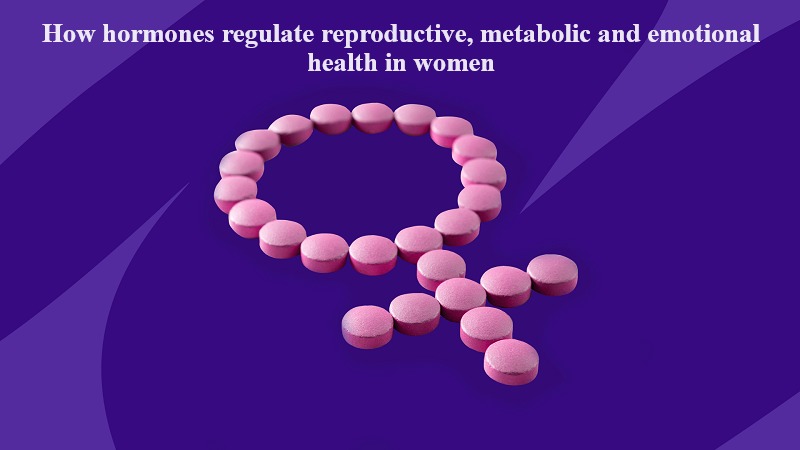
Hormones play a crucial role in a woman’s life, impacting not only her mood and physical well-being but also regulating aspects of reproductive, metabolic, and emotional health. Throughout a woman’s life, from the onset of puberty to the conclusion of menopause, her body undergoes a series of natural and universal changes. While the extent of these changes may vary from person to person, they often lead to a range of physical and emotional symptoms.
The intricate interplay of hormones, particularly estrogen and progesterone, along with their hormonal companions, exerts a significant influence over mood, energy levels, metabolism, and overall well-being. As a result, it is imperative to prioritize reproductive health alongside mental and physical vitality throughout the different stages of life. Dr. Manmohan Singh, the Vice President of Medical Affairs at Nirvasa Healthcare, offered insights on managing Premenstrual Syndrome (PMS) and discussed effective strategies in a conversation with WION.
PMS, characterized by a complex of symptoms that many women experience before menstruation, presents a unique set of challenges. Research indicates that a considerable portion of menstruating women grapple with PMS symptoms, with the intensity often peaking during adolescence and the pre-menopausal phase due to hormonal fluctuations.
To effectively manage PMS, Dr. Manmohan Singh suggests the following approaches:
Lifestyle Harmony: Regular physical activity can boost endorphins, contributing to symptom relief. Maintaining a balanced diet that includes lean proteins, grains, and a variety of fruits and vegetables is crucial. Reducing caffeine and alcohol consumption, especially before menstruation, can be beneficial.
Natural Remedies: Certain natural remedies like chaste tree, vitamin B6, and evening primrose oil may provide relief from PMS symptoms. However, consulting healthcare professionals before their use is advisable.
Exploring Alternative Therapies: Techniques such as Cognitive Behavioral Therapy (CBT), acupuncture, and therapeutic massage have shown potential in PMS management.
As women transition into menopause, they may encounter hormonal imbalances that bring their own set of challenges. Dr. Manmohan Singh shares the following tips for navigating these hormonal changes:
The Power of Knowledge: Equipping oneself with a profound understanding of the physiological changes that accompany menopause empowers women with the tools to confront the challenges that lie ahead.
Seeking Professional Guidance: When confronted with persistent or severe symptoms, consulting medical specialists is a wise course of action. This allows for the development of personalized management strategies.
A Holistic Approach to Well-being: Embracing a holistic approach that integrates optimal nutrition, physical activity, stress management, and effective sleep practices acts as a guiding compass when navigating the ethereal realms of hormonal imbalances.
The journey through hormonal changes, from PMS to menopause and potential imbalances, is an integral part of a woman’s life. While these transitions may present challenges, they are not insurmountable. With knowledge, proactive strategies, and the guidance of healthcare professionals, women can navigate these phases successfully.

Post Your Comments